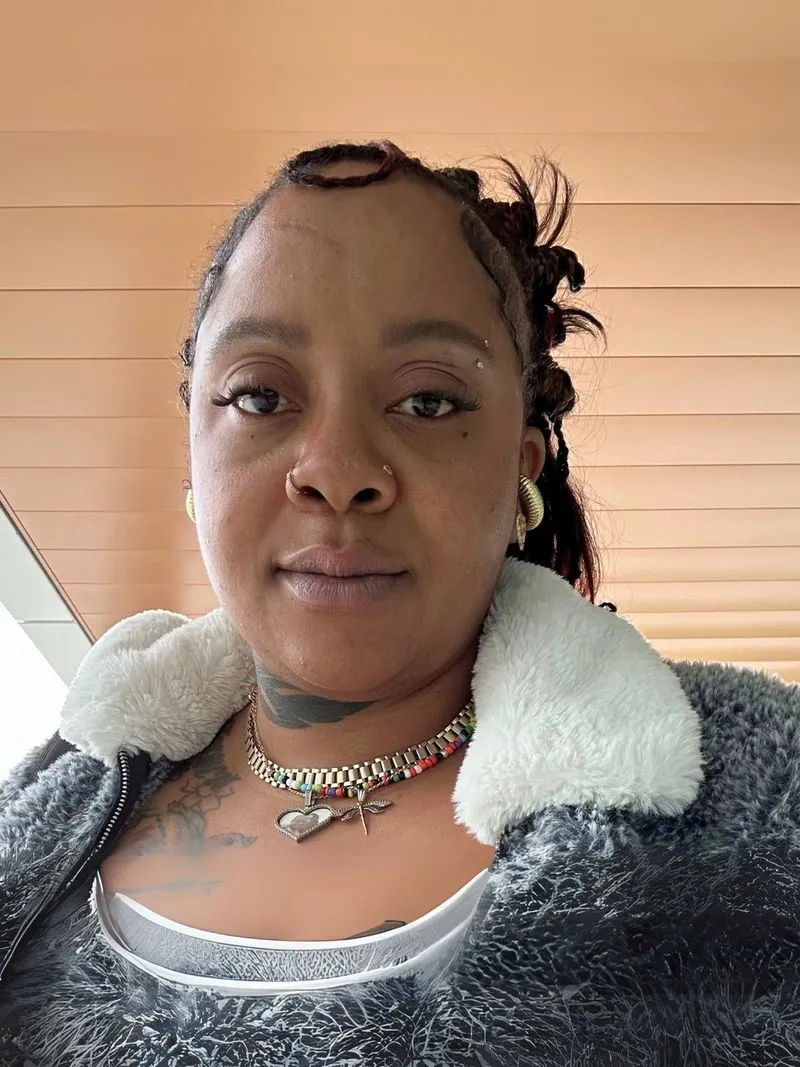In Their Words: Justice-Impacted Fathers Reflect on Love, Loss, and Reconnection
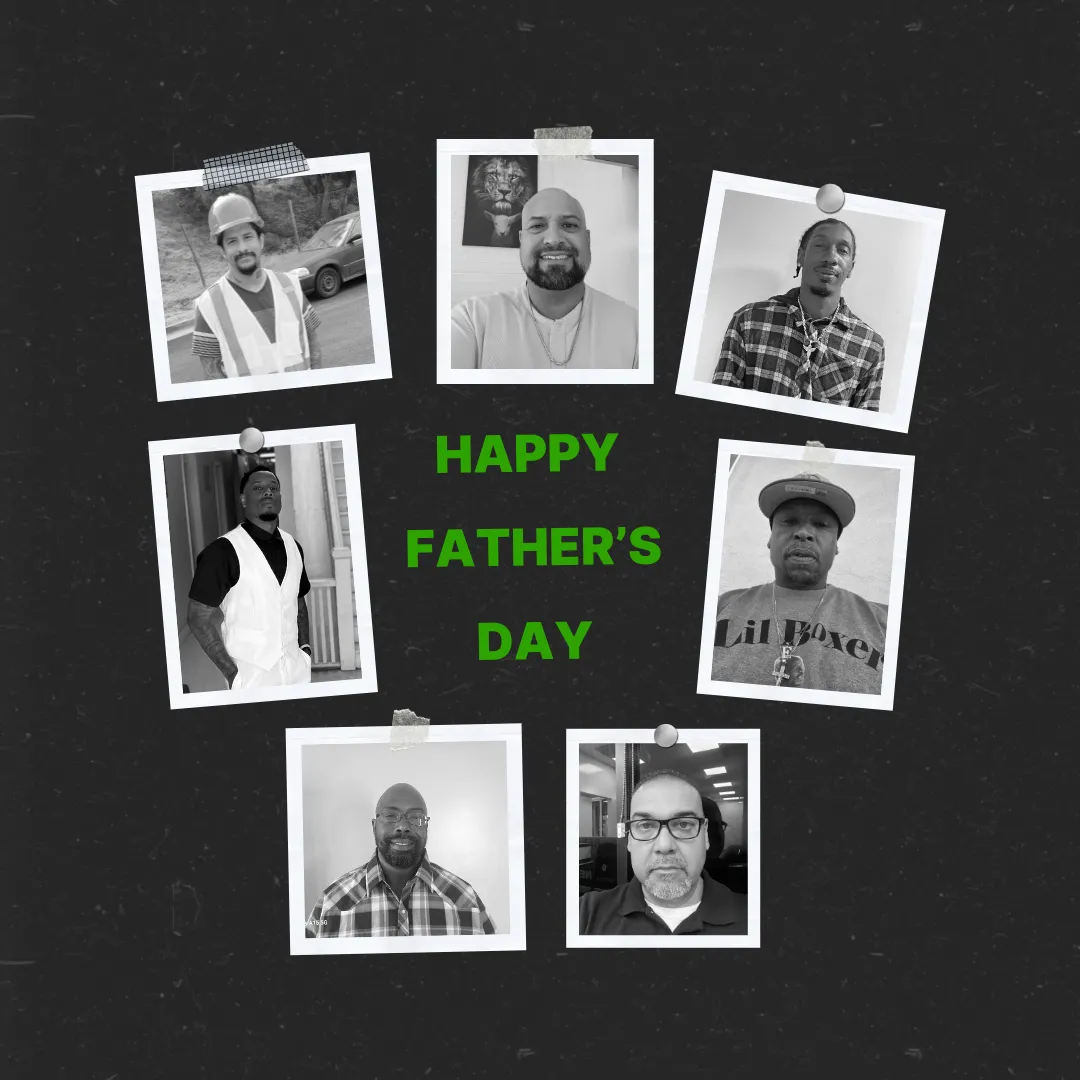
At the Center for Employment Opportunities (CEO), we know that the path home after incarceration is never walked alone, and for many, it’s shaped by the deep, enduring bond between parent and child. This Father’s Day, we asked a few of the fathers in our CEO community to reflect on their experiences:
“What’s one thing you want people to understand about being a parent while incarcerated—and what it meant to reconnect with your children after returning home?”
Their words are raw, powerful, and honest, speaking to the pain of separation, the joy of reunification, and the ongoing work of healing and rebuilding trust. We’re honored to share their stories in their own voices as a tribute to fatherhood, resilience, and redemption.
Charles: “Now I See the Beauty of Life"
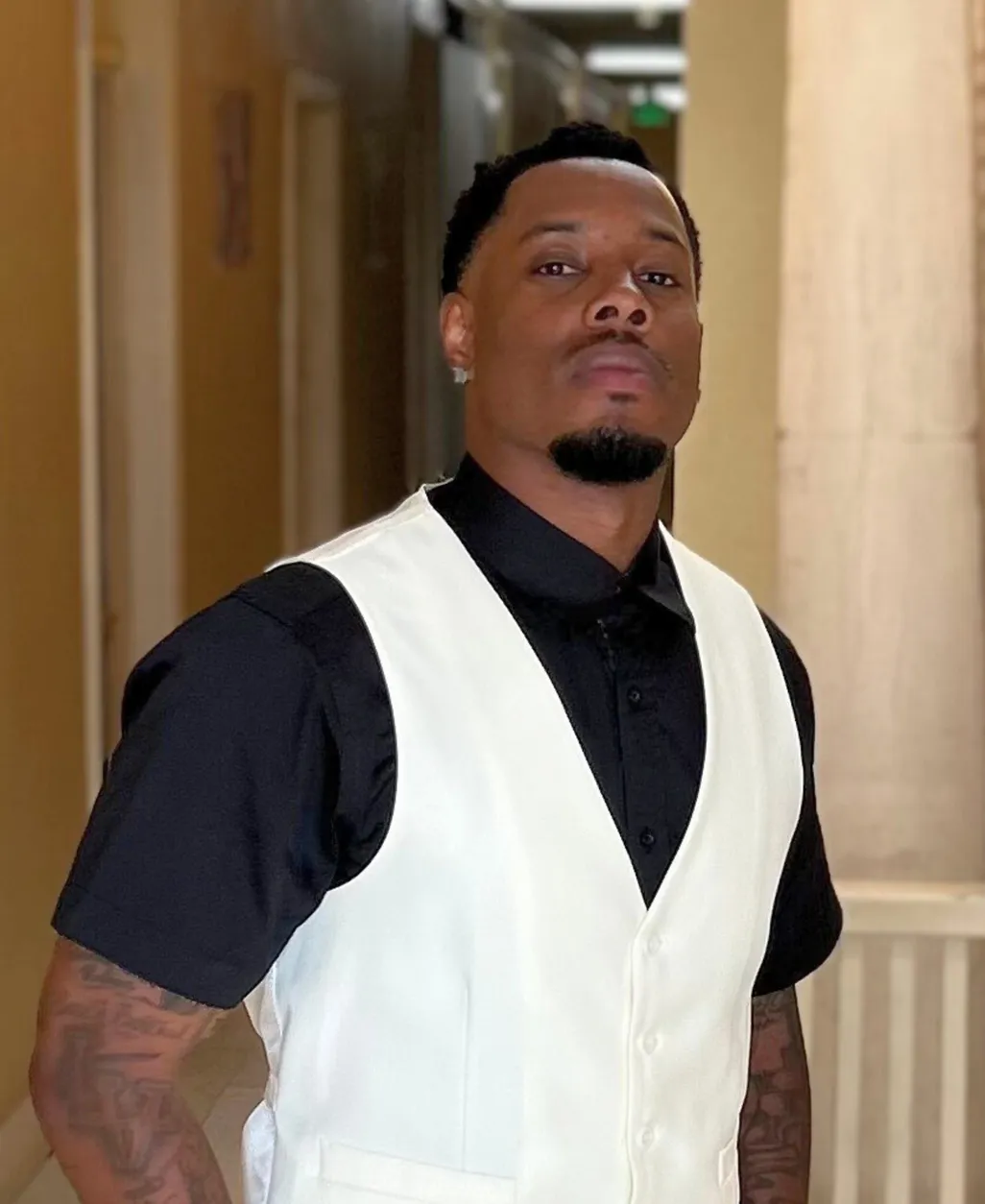
The hardest thing about being a parent while incarcerated is just being a parent at all. For me, it really sucked. I was a hundred miles away and rarely saw my kids.
I did my best with phone calls, letters, and emotional support. The mothers of my children also did their best to keep my kids in contact with me. But overall, it wasn’t a good situation.
What is it like for me now? Oh my God, it is amazing. Just the thought of being a parent today, being there for emotional support, physical support, and being present mentally, that’s life.
There are so many things I could go on and on about. Let’s just say now I see colors. My eyes are open, and I see the beauty of life. Being able to sit and talk, go to my sons’ football games, and hear my boys say they are proud of me, that is life-changing.
I am just thankful for all the opportunities and resources available to me today.
Ubaldo: Reconnection Is the Most Powerful Feeling
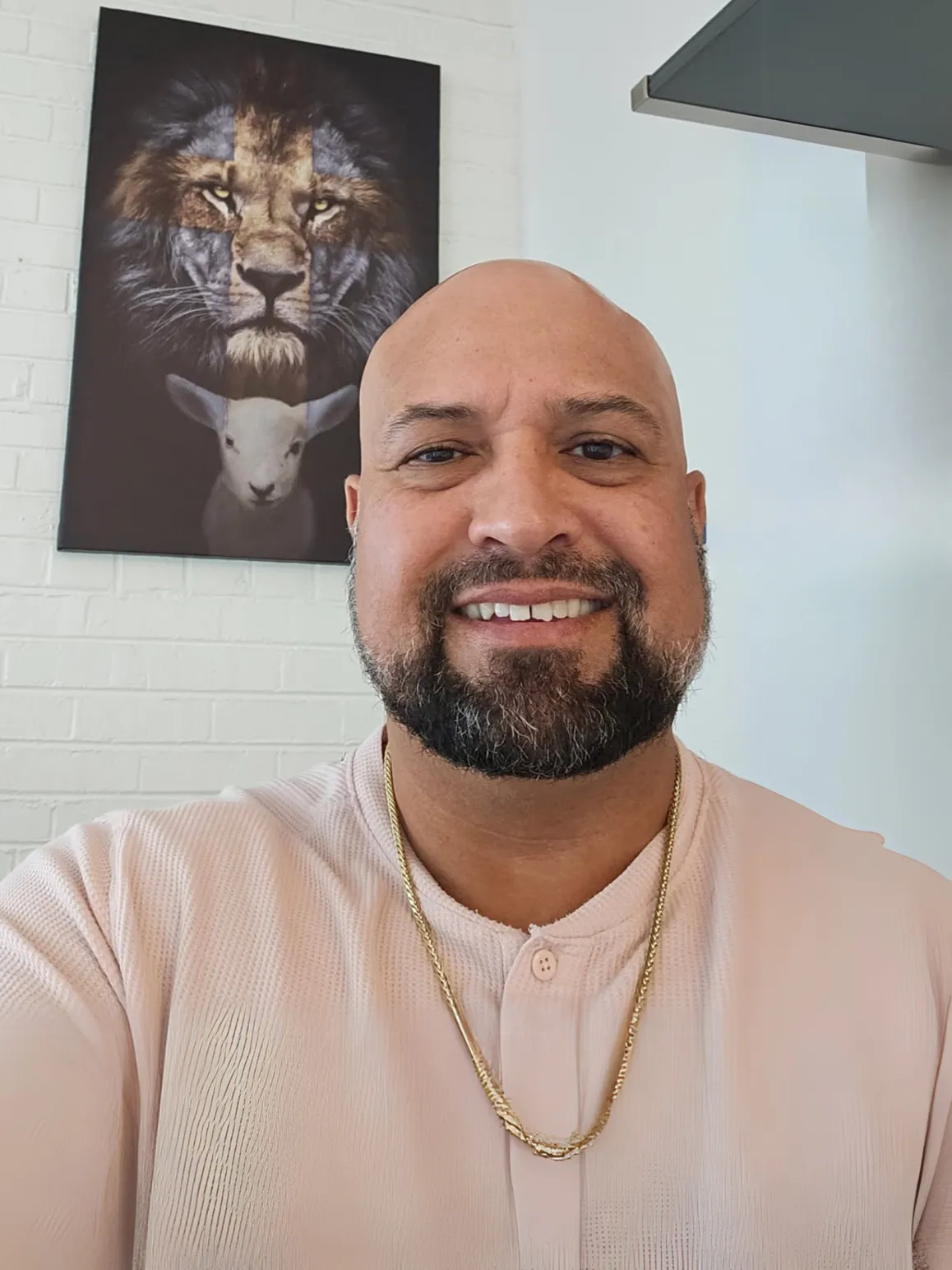
Reconnecting with my children may be the most powerful and incredible feeling I have ever experienced.
Incarceration while being a father is an extremely painful ordeal. You deal with the immense stress and negative emotions of loss, uncertainty, and fear. We become paranoid of the unknown and try to control the outside world when we actually have no control at all. Many of us ruin our relationships even more and cause additional pain as we struggle and argue with our loved ones over decisions made without our input or approval.
The key to overcoming these circumstances and uplifting our children is forgiveness. We must first forgive ourselves. Then we must ask our loved ones for forgiveness, either directly or indirectly, and allow the situation to heal over time.
We have to stay focused on that healing, be patient, and keep working on ourselves in every way—body, mind, and soul. We have to believe in the goodness that will come, encourage our children when we can, and avoid becoming a burden to them, especially when they are already carrying the weight of our absence.
Finally, we should lay our burdens down and remember not to pick them up again. Our relationships can be restored. It may take time to see it happen, or it may never fully come together, but we can still live in peace knowing we love our children deeply and will continue to bless them no matter what.
Herman: Being a Dad Means Everything
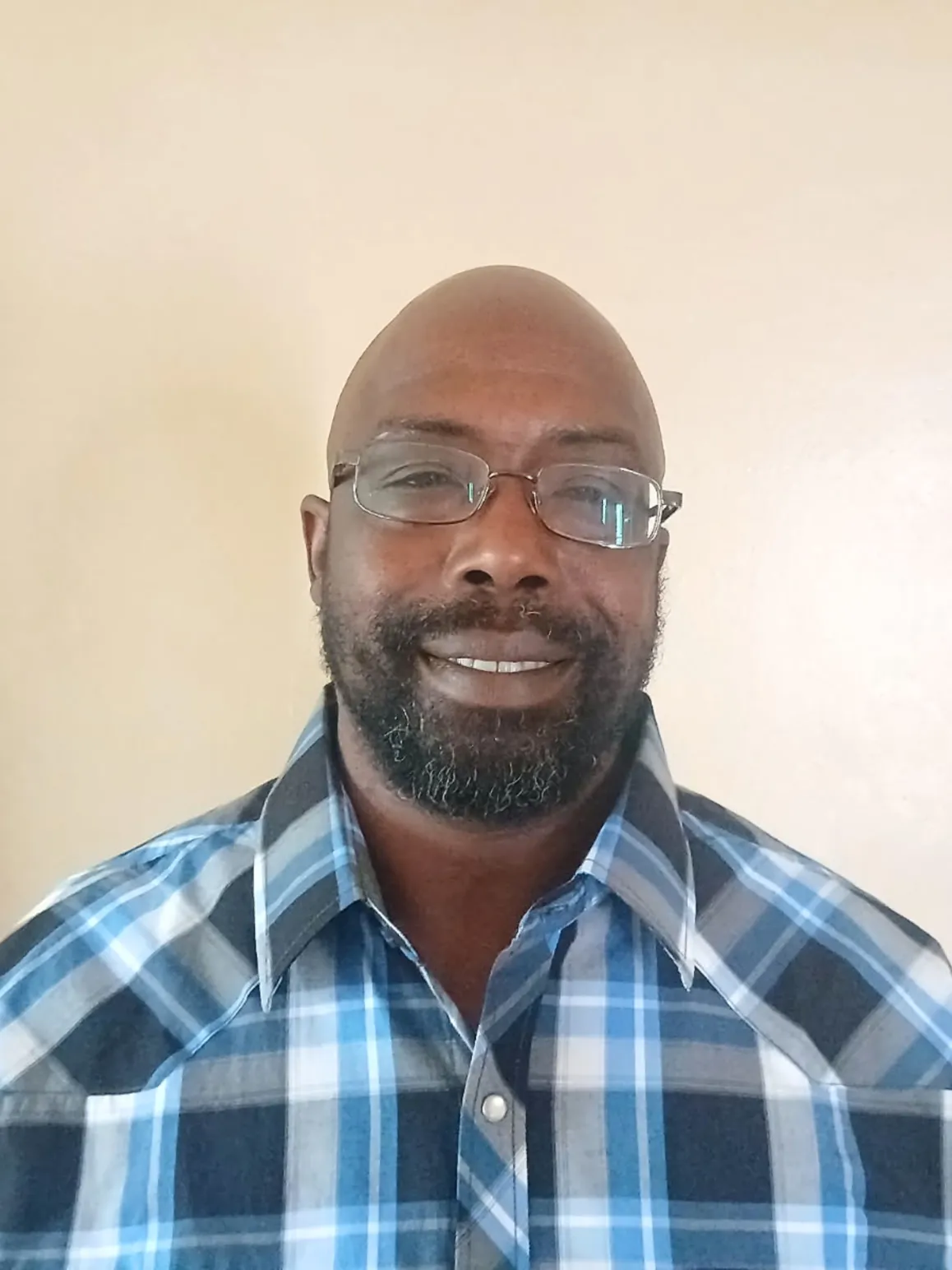
Being a father in prison is hard. For me, I was young when my twins were born, but I still wanted to support them while I was inside. That was important to me.
For those of us who felt that need, it was nearly impossible. The only means of support available felt illegal or out of reach.
Once I was released, reconnecting with my daughter was easier than reconnecting with my son. My daughter told me about the hardships they both went through while I was locked up. The pain I felt knowing what my children had to endure broke my heart.
Now, things are better. It helps when your children understand that you want to be a part of their lives. Being away for over 30 years, leaving them before they were three, was emotionally devastating. Hearing the pain in their voices crushed me.
But being able to show up now, to try to make things better, and to be a father to them is nothing short of a blessing. Having them want to be in my life again makes being a dad that much more special.
Anyone can be called a father. It takes someone special to be called a dad. Reconnecting with my children was, and still is, my main priority.
Sergio: She Gave Me Hope When I Had None
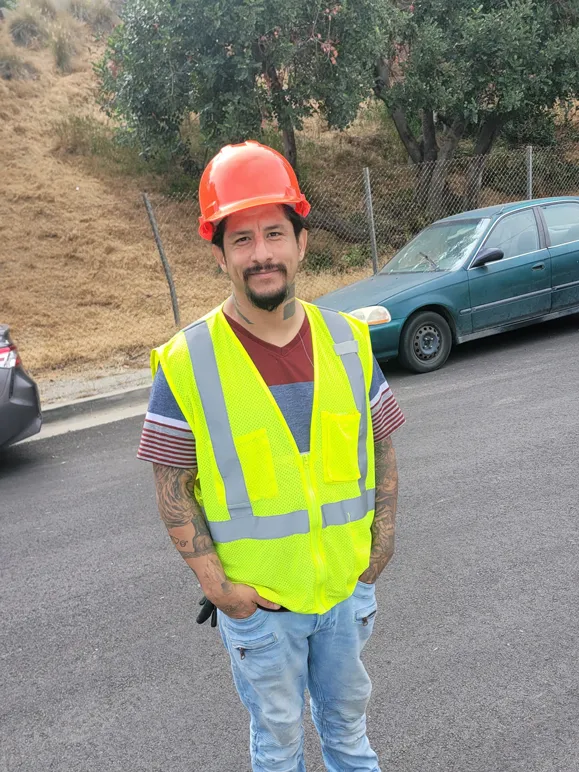
There are a lot of people who won’t understand what a father goes through behind bars. You have to be a parent yourself to truly have empathy for a parent in that situation.
Sometimes, the choices we make, or the circumstances we’re forced into, cause that separation. As a father, I’ve had to make tough decisions. Sometimes that meant risking everything to put food on the table or a roof over our heads. That’s the reality for many of us, especially when the government lacks support for basic needs in minority communities.
Being in jail as a father hurts. Not physically, but mentally and emotionally. I was always wondering—has my daughter eaten, is she safe, is anyone hurting her? Did I make the right choice? Will she forgive me? Does she miss me? Does she know she’s my world? That my heart is broken in a million pieces?
There are no words to describe what it felt like to hold my little girl again. To make new memories. To feed her when she needs it. To put her to bed at night. That is the greatest feeling I have ever known.
Now, I get to be a good father to my little princess. To that little angel who brought so much light into my dark world and gave me hope when I had lost it all.
Thank you, daughter, for saving me.
Lovaill: On Being a Present Father
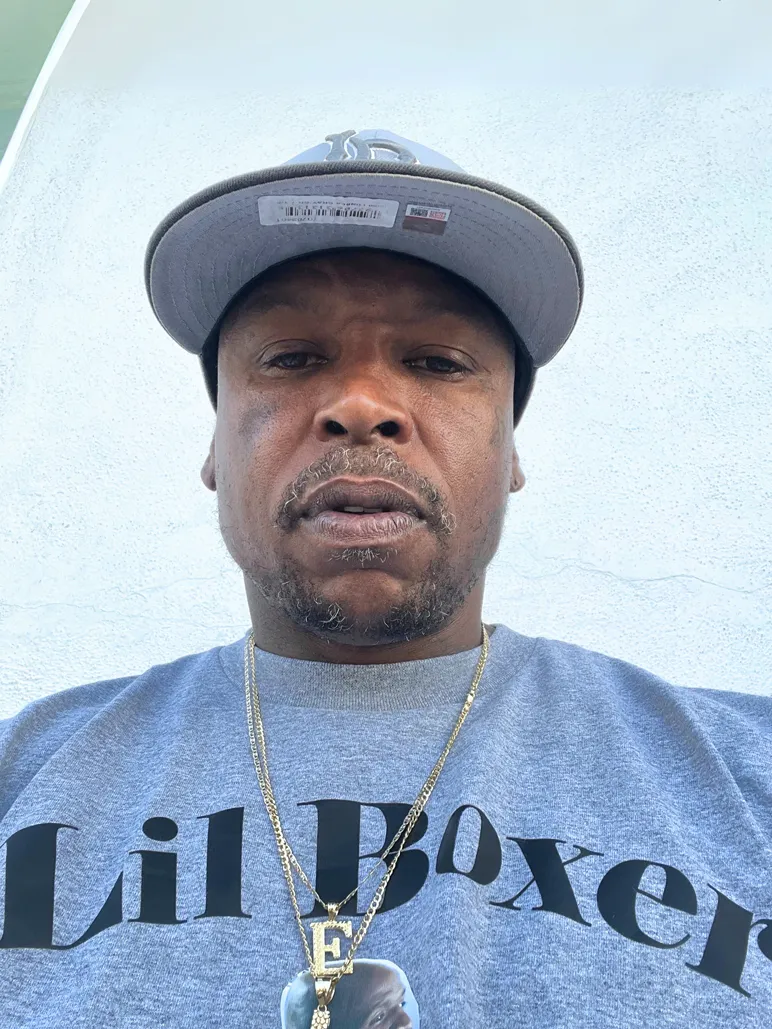
One thing I want people to understand about being a parent while incarcerated is that it might seem like we are careless, but the truth is, I carried a lot of guilt and shame for leaving my children behind.
That guilt came from the addiction and lifestyle that kept taking me back to prison. Giving that up was the hardest change I had to make. I missed years of their lives—birthdays, holidays, school presentations, and many Father’s Days. I now understand how hard it was for them not to have their dad around.
Reconnecting with my children after getting clean and coming home was not easy. The guilt, shame, and need to explain why I had been gone made it difficult. It feels great to be back, but it has been overwhelming at times. I am still adjusting, and so are they. We are rebuilding our relationship, one step at a time.
I am working to build trust with my actions. I am changing my behaviors. I want to be part of their lives, and I am grateful to be sober and have support. I am learning to do things differently and to be a productive member of society, and more importantly, a present father.
I want to thank CEO for the employment and training opportunities that help me provide for my family. I have been given a second chance despite my history. I am developing strong work habits and learning to take responsibility. Thanks to the support I’ve received, I can be here, as a father. I am grateful for the opportunity to share my experience.
Tyres: She Deserves to Know Her Dad
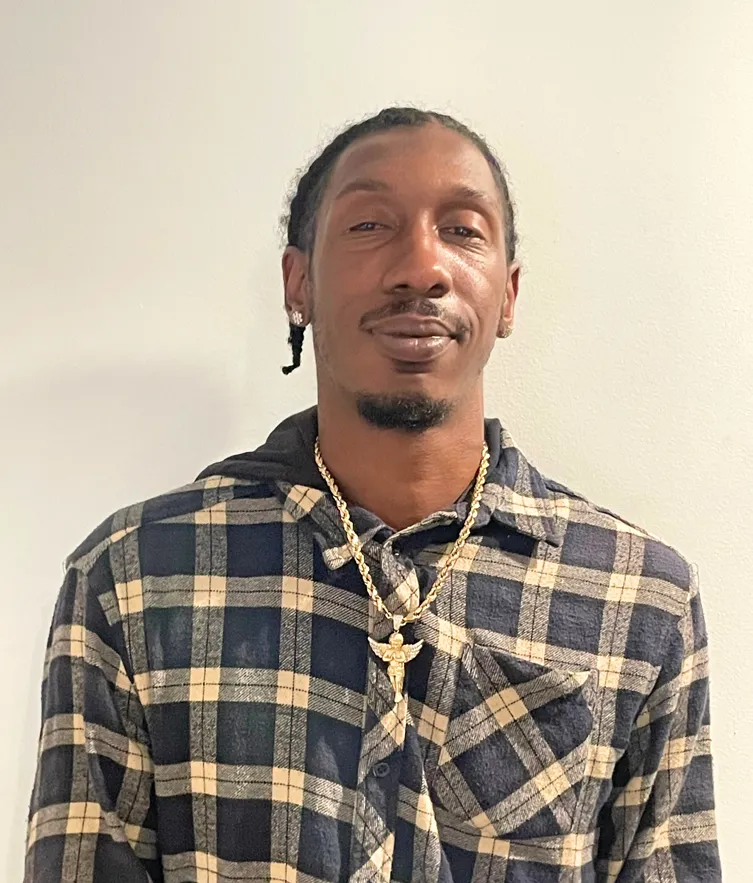
Being away from my child while incarcerated felt like I abandoned her. I felt like I left her without support, protection, and care. I never told her where I really was. I just said I was on a trip because I didn’t want her to carry that weight.
I missed birthdays. I missed cheering competitions. It felt horrible.
Now, my mission is to be present, not incarcerated.
When I returned home, it felt so good to hug my daughter again and ask her everything. The way she answered, those responses are priceless.
If you're incarcerated, tap in with your children. Let them know they have a dad. Most don’t have that at all.
Eric: Turning Pain Into Purpose
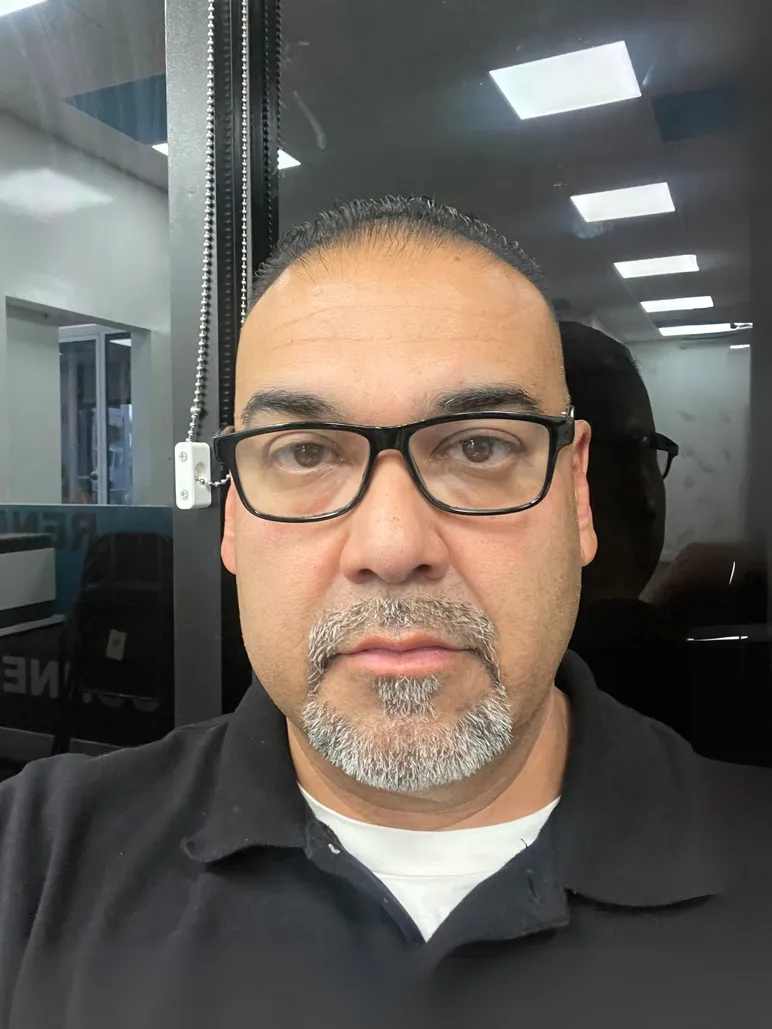
One thing I would like people to understand about being a father while incarcerated is that it’s the hardest thing I’ve ever had to do. I’m sure other fathers would agree.
Not being able to control when I could see my kids was one of the worst feelings. I could pretend I wasn’t sad, but the truth is, I was dying on the inside every day. I hated how I felt all the time—depressed and down. So I made a choice.
I wasn’t going to let this beat me.
I committed myself to seeing the positive in every situation and living the best I could each day. I told myself I could use this negative as an example for my children. I wanted to show them that no matter how bad life can get, or what curveballs it throws, we get to choose how we respond.
I wanted to prove that I could turn something painful into something powerful by becoming a better person. And I did.
If I could lift myself up every day, then they would know they could too. That was my thinking.
Upon release, reconnecting with my kids was the best feeling. I always carried them in my heart, always. But to be free and physically with them again was amazing. I had forgotten how good that felt. We had deep talks. We spoke not only about my trials and tribulations, but also theirs. Because when one person does time, their family does time too.
They shared the struggles they went through in my absence, the feelings they had to deal with. To my amazement and surprise, they told me they were motivated by the way I fought through the dark times. They saw me stay positive, and that helped them stay strong too. My hope to be an example became a reality.
Those ugly feelings and dark days were overshadowed by my commitment to keep going. That commitment made all those bad times worth it. It made me into the man I am today—responsible, motivated, and determined to continue succeeding.
So no matter the struggle or situation, always remember: with positive thinking, you can accomplish anything. God bless.
These stories are a reminder that being a parent doesn’t stop at a prison wall—and neither does love, growth, or hope. Every day, fathers in the CEO community are showing up for their families, building new legacies, and rewriting the narrative around reentry.
To every father navigating the journey of reconnection: we see you, we honor you, and we’re with you.
Stay connected—sign up for our newsletter to learn how CEO supports justice-impacted individuals through career building, advocacy, and policy change. Check out more stories on our blog or donate to support economic mobility.
